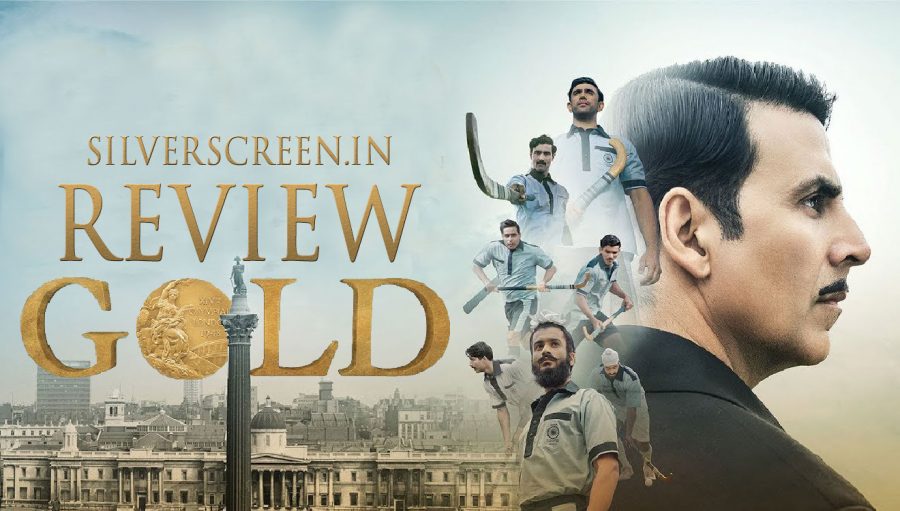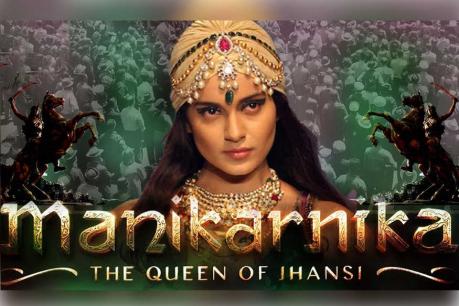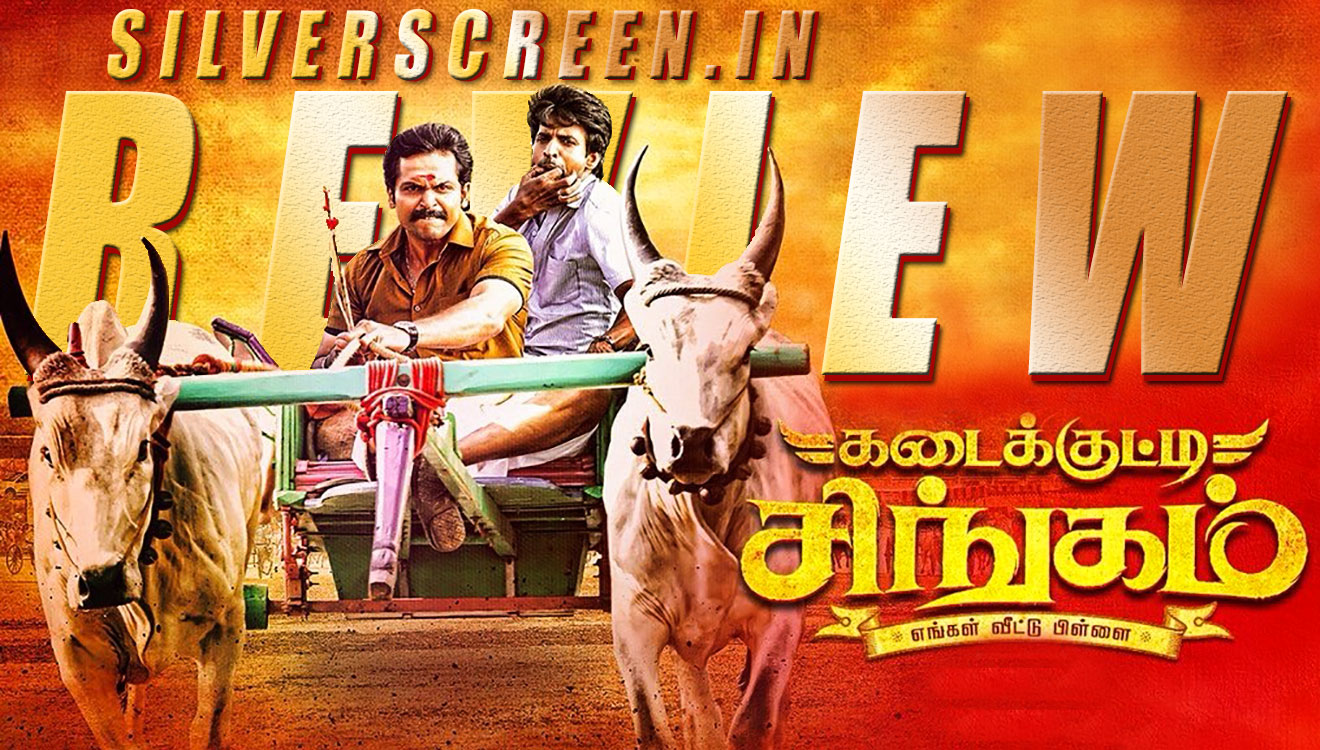Director: Reema Kagti
Cast: Akshay Kumar, Mouni Roy, Kunal Kapoor, Vineet Kumar Singh, Amit Sadh, and Sunny Kaushal
Dialogues: Javed Akhtar
*Spoiler Alert
Reema Kagti’s Gold is a movie tailor-made for August 15. Through the tale of an underdog hockey team that goes on to win an Olympics gold, the film announces that unwavering love for one’s own country can move mountains.
The film is a sports-drama, but the sports part is only secondary, while the driving force is chest-thumping patriotism and jingoism. The characters in Gold attain black or white shades depending on their degree of love for India. There are some good performances, and the production design commendably brings to life a bygone era. But it hardly matters because the scenes are cliche-ridden and performance of the man who anchors the film – Kumar – is utterly one-note and overbearing.
The film opens to a scene set in 1936 when British India’s last hockey team led by Samrat (Kunal Kapoor) is set to play the final match at the Berlin Olympics. The team is managed by Tapan Basu (Akshay Kumar), a Bengali man whose heart secretly beats for an Independent India. After the country attains Independence, Basu tries to put together a hockey team to represent India at the London Olympics. But it isn’t easy. The new India is rife with communal riots and hatred for Muslims which eventually force Imitiaz (Vineet Kumar Singh), one of India’s best hockey players, to flee to Lahore, Pakistan. One of the new members of the team, RP Singh (Amit Sadh), an aristocrat, refuses to believe that he is like anyone else on the hockey field sans any privileges. Also there is a egoistic Hockey Federation official who wouldn’t release funds or support the team.
In Kagti’s reel interpretation of this complex scenario, the real issues take a back seat, and the spotlight falls exclusively on Basu, the face of an Indian patriot. The film uses the National Anthem, the Indian flag and sometimes just the name ‘India’ like a magic wand to solve problems, sometimes to replace even game techniques or agility of the players. In the first sequence, the players of the British India team, now on the face of losing the match against Germans, meet at the dressing room to talk about the techniques they should adopt, and Das draws attention onto himself to say, “Let’s play our way,” taking out a tricolor flag from his coat. The team nods in agreement, disperses, marches towards the field and wins the match.
Tapan operates using rhetoric than real ideas. Throughout the movie, he repeats the phrase – “do sau saal ki ghulami (200 years of slavery)” – to pump the adrenaline of the characters (and the audience). He is a relentless cheerleader, a clown and a problem-solver, just as Kumar is in films such as Padman, Toilet Ek Prem Katha and Airlift. The 50-year-old actor, in the last couple of years, has found a purpose to his Bollywood career that had been largely revolving around mindless comedies and action-dramas. He is the spirited, good-meaning upper-caste Indian who has the innocence and curiosity to work towards progress and the collective good.
However, Kumar’s performance is the weakest element in the film which uses all old-school tropes, cliched characterizations and techniques to narrate the story. He hams up the Bengali accent, mannerisms and body-language, without a bit of subtlety. His scenes with Mouni Roy who plays his wife, for one, are unintentionally funny for its stageyness. He convinces her to cook for the team by injecting into her head the “200 years of slavery” idea and a lot of patriotism. What follows is an absurdly-conceived romantic song during which the couple roam the markets animatedly and eventually goes on to cuddle on a bed inside a Buddhist monastery.
***
Gold goes the Lagaan way, and holds England as the perfect rival for the Indian team in a patriotic sports-drama. The close-ups of British men are ways to indicate how vile and menacing they are. The film’s treatment of India’s relationship with Pakistan is a hearty change from the usual Bollywood portrayals of the issue. The scene where Imitiaz announces his decision to leave the country is probably the best scene in the film, handled with so much sensitivity. It’s a well-staged and well-cut scene – with minimal lines and excellent performance by Vineeth Kumar. It isn’t a black and white issue of two religions and two nations, the scene says. And the inclusion of Pakistani players in the final scenes of the film was another smart decision.
Recommended
Gold targets North India and ignores the rest of India. The goalie of the Indian team is a man from the North-East, but he hardly gets a close-up shot or a line to mark his presence. South India is non-existent. The final training of the players happens in a Buddhist monastery (which resembles a Hindu temple) where the players are served a strict vegetarian menu. It is one of those films where the compulsory rendition of the National Anthem inside the movie halls and the ensuing thunderous ‘Bharat Mata Ki Jai‘ become a part of the narrative. If Gold lacks the details and drama one expects in a sports-drama, it is perhaps because the makers weren’t aiming for it. Who needs cinema when there is singing of unquestionable patriotism and Akshay Kumar?
***
The Gold review is a Silverscreen original article. It was not paid for or commissioned by anyone associated with the movie. Silverscreen.in and its writers do not have any commercial relationship with movies that are reviewed on the site.



